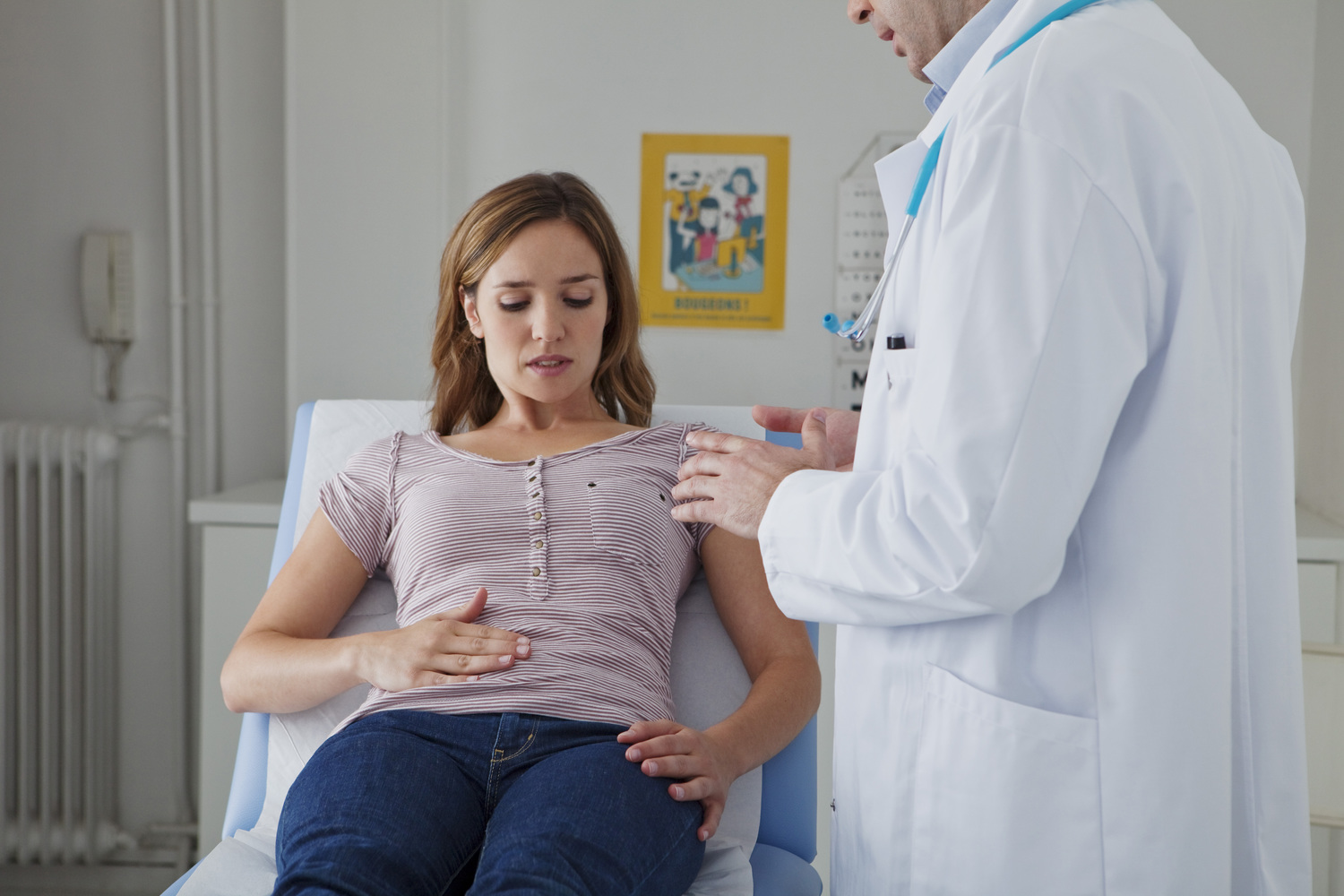
Stomach Cancer: Signs and Symptoms
A recent report stated that among all of the cases of cancer, 30% of the cases account for gastric cancer. Sadly, the number hasn’t changed in years. Factors like smoking; certain genes; overconsumption of roasted, pickled, and salty foods; and being overweight increase the risk of various types of stomach cancer.
People suffering from stomach cancer develop some distinctive health problems. However, in most cases, the symptoms go undetected or unrecognized as stomach cancer. Some types of stomach cancer do not show any signs at the initial stage but gradually spread throughout the organs. At an early stage, the symptoms of stomach cancer are mistaken as a stomach virus or a common health problem. It is only detected when issues like pain in the abdomen, vomiting blood, nausea, and bloating become persistent. Sometimes, one may also experience bloating after eating solid foods, loss of appetite, diarrhea, and constipation.
If you experience any of these symptoms, contact a doctor immediately without any delay. The doctor will diagnose the type of stomach cancer and start treatment accordingly.
The different types of stomach cancer include the following:
1. Lymphoma
This cancer starts in the tissue that may be a part of any lymph tissues, including the stomach. Lymphomas in the stomach are not common and only account for 4% of all stomach cancers.
2. Gastrointestinal stromal tumors or GISTs
This is a rare type of stomach cancer that forms in a specific cell in the lining of the stomach, interstitial cells of Cajal (ICCs). Under a microscope, GIST cells look like muscle or nerve cells. These tumors may grow throughout the digestive tract but about 60-70% occur in the stomach.
3. Carcinoid tumors
These tumors typically start growing in the hormone-producing cells of the stomach. However, they do not spread to different organs and account for only about 3% of stomach cancer incidences.
4. Adenocarcinomas
Adenocarcinomas of the stomach develop in the cells of the innermost lining of the stomach. Most stomach cancers are classified as adenocarcinomas. It is a type of cancer that forms in mucus-secreting glands throughout the body. This continues to be one of the leading causes of cancer-related deaths.
Sadly, this condition cannot be completely cured but the treatments aim to improve the quality of life. Treatments like chemotherapy, radiotherapy, and surgery are recommended. If operable, surgery can cure stomach cancer as long as all of the cancerous tissue are removable. In the developing stage of stomach cancer, dysphagia, vomiting blood, anemia, fatigue, and difficulty in breathing can be seen in the patient. In the advanced stages, symptoms like fluid build-up in the stomach, blood in stool, and weight loss due to loss of appetite are noticed.
Consult your doctor if you have any of these symptoms. Take measures to reduce the severity of these symptoms. Improve your lifestyle by quitting or reducing tobacco products, alcohol, and salted or roasted foods. Eat healthy foods with vitamins, nutrients, and fiber.


